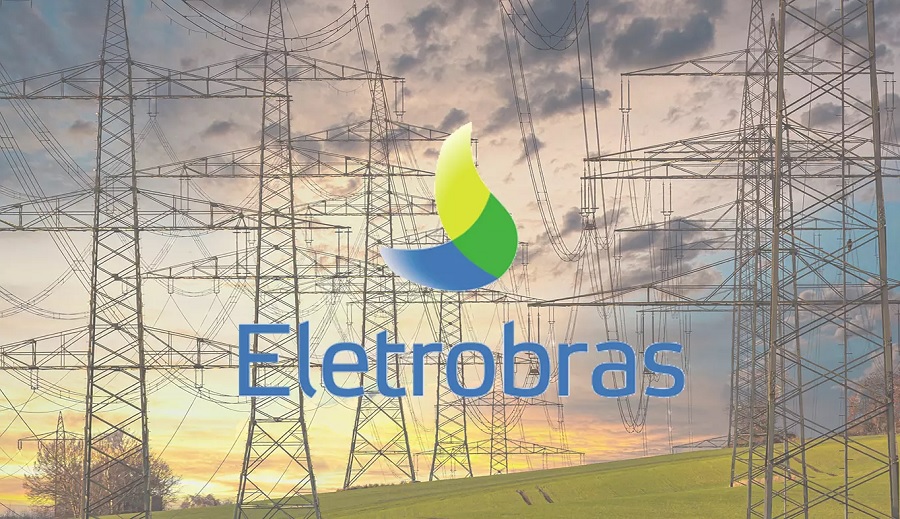RIO DE JANEIRO, BRAZIL – Eletrobras shareholders on Tuesday, February 22, approved the beginning of the company’s privatization process at an Extraordinary General Meeting (EGM).
However, the green light from shareholders came a day after Minister of Economy Paulo Guedes, admitted it would be difficult to carry out the operation in the first half of this year, as predicted by the government.

In a meeting marked by a large number of abstentions and held virtually due to the pandemic, shareholders approved the split of subsidiaries Eletronuclear and Itaipu bi-national hydroelectric plant, the capitalization of the company on stock exchanges, with dilution of the Federal Government’s stake, and the financial conditions for the privatization to take place.
It was decided that the capitalization of Eletrobras, via primary public offering of shares and American Depositary Receipts (ADRs), enables a dilution of the Federal Government’s voting capital to 45%.
Currently, the government holds 51.82% of the ordinary capital and the Social Development Economic Bank (BNDES) holds 16.78%, according to the state-owned company’s website.
Should the goal not be met in the first offer, a secondary offer of shares will be made. The creation of a special share (golden share) for the Federal Government was also decided, with veto power in a number of matters.
EXPECTED APPROVAL
The approval of the privatization of Eletrobras was expected by the market, since opposition to the company’s sale has only come from employees, who do not have the power to change its course.
According to economist, lawyer and former BNDES privatization director Elena Landau, the sale of Eletrobras is positive for shareholders. “Eletrobras’ minority shareholders have every interest in approving the capitalization. Only this way will shareholders be absolutely sure that they won’t be harmed by an interventionist government,” she said.
Mirae Asset analyst Pedro Galdi noted that in an election year this kind of operation is more complex, and even if approved in assembly, the capitalization may not be successful because foreign investors may become reluctant. “Foreigners are only looking at commodities, it can be approved, but I think it’s difficult for the privatization process to move forward in an election year,” he explained.
NEXT STEP
With the assembly’s approval, the next step for the operation to get off the ground is the approval by the Federal Audit Court (TCU). The BNDES, responsible for the state-owned company’s sale process, has already set the price, and the TCU’s approval should occur by late March, a source said.

